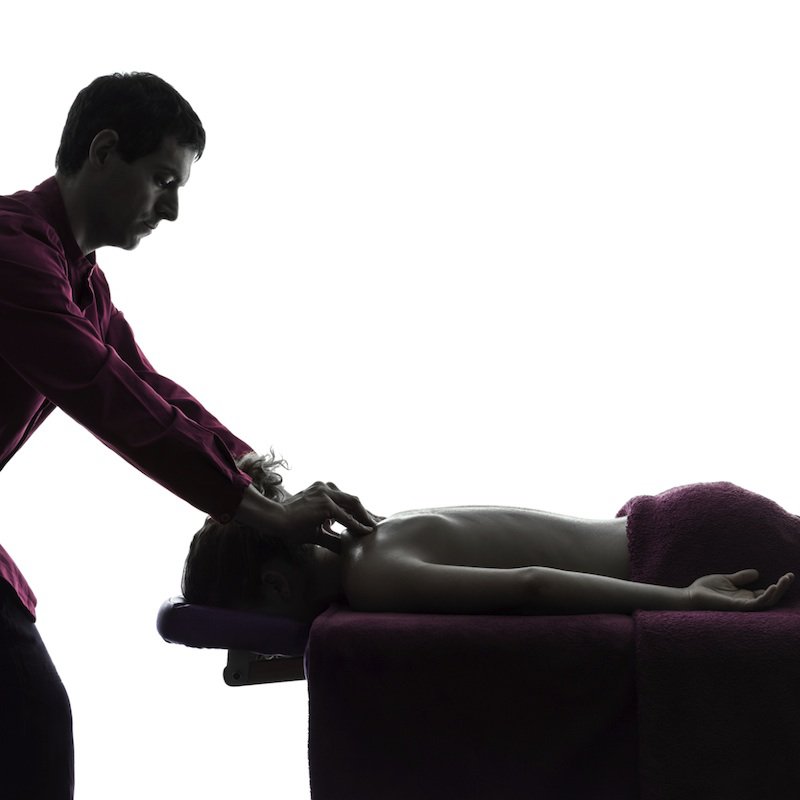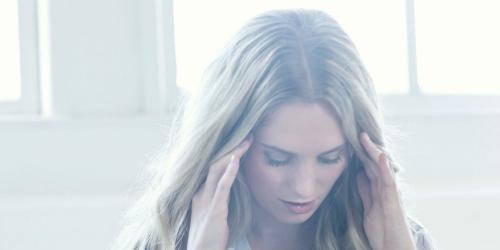Tui Na massage, that is, that c is?
As often in Chinese, the word breaks down in two: Tui means "push" and Na "seize". These are the 2 techniques used in this massage. In China, Tui Na has a therapeutic aim and is even an integral part of traditional Chinese medicine in the same way as acupuncture or Chinese herbal medicine.
What are the particularities é s of this massage?
It's tailor-made! No one will receive exactly the same massage from A to Z. Indeed, the Tui Na aims to circulate freely and unhindered energy - Chi or Qi- through the meridians that run through our body. He works on the energetic knots or the imbalances (excess or lack of energy) the muscular tensions and the blockages with precise movements (friction, pinching, frictioning, stretching, tapping ...) to allow the body to get better, and to increase a person's general well-being.
Are there any diff e rences with a traditional Chinese massage?
Tui Na is therapeutic massage in China. It is very technical and requires a real knowledge of the anatomy and principles of Chinese medicine, hence several years of study. It is considered traditional massage, but there are many other forms of Chinese massage that are closer to comfort or relaxation massages. However, they work less in depth therefore on the energies of the body.
The daily benefits of Tui Na
It acts very well against the small daily ills related to the stress which, in Chinese medicine, are consequences of the energetic imbalance: headache, backache, fatigue, insomnia ... It allows the body to give back a boost natural and strengthen the body to be able to cope with external aggression.
A relaxing massage or e nerg icfoot?
The Tui Na is clearly energetic. It must be admitted that the technique can be surprising at first because the gesture is powerful and worked in depth, precisely on the most tense areas of the body. In fine, it allows a total relaxation while energizing the body the days following the session. This massage is like a "reset", a restart, of the body. The next day you have the impression that the body starts from scratch.
Are there any contraindications?
These are about the same as for all body massages and massages. It is zapped when wearing a pacemaker or when you have heart or infectious disease, osteoporosis and open wounds. And there are specific contraindications to Chinese medicine. For example pregnancy is not a good time to receive this type of massage.
Last problem: if you are not used to being massaged, it is better not to start with a Tui Na. His energetic movements might surprise the novices.
Who can we recommend this massage?
Finally almost everyone. Because we all feel at a time of fatigue, exhaustion, the feeling of being at the end of the roll. And in Chinese medicine, prevention is better than cure.
It is therefore addressed to all those who work a lot (the famous sitting posture and curved in front of the computer!) Or feel stress. Those who have recurrent pain but do not require medical or surgical treatments. Finally the athletes who solicit their bodies a lot, like runners who train for a semi or a marathon.
W here make a Tui Na massage
The House of Tui Na: www.lamaisondutuina.fr
Lanqi: www.lanqi-spa.com
I Love Tui na, in Paris, with Benoit Péron : 06 77 36 73 48.
Count around 60 € for an hour of massage.
Thanks to Anthony Besquent founder of the House of Tui Na


